Fennel is an herb with a mild, but distinctive licorice-like flavor and fragrance, thought to have originated in Southern Europe and Asia Minor. Although it still grows in the wild, fennel is cultivated extensively in the U.S., France, India, Persia and Russia.
A mainstay in Mediterranean and Italian cuisine, fennel is slowly making a name for itself in a meat-and-potatoes world. All of the plant’s parts are edible, from the roots and stalks to the seeds and leaves. There’s even a spice that can be made from the dried seeds.
There are plenty of ways to incorporate fennel into your meals: Slice or chop the white fennel bulb into “matchsticks” or cubes and add to savory salads. You can also steam, roast or sauté the bulb and add it to soup or casseroles.
Like most plant-based foods, you’ll find fennel to be widely beneficial not only in the kitchen, but nutritionally as well.
Health Benefits of Fennel
Vitamin C is the most active vitamin in fennel (12 milligrams per 100-gram serving), and has the strength to zap free radicals that are looking for a place to cause damage in the body, usually in the form of inflammation, which could lead to joint degeneration and arthritis. Other prominent nutrients include potassium, an electrolyte that helps fight high blood pressure, and folate, which helps convert potentially dangerous molecules called homocysteine into a benign form.
The dietary fiber in fennel may help limit cholesterol buildup, absorb water in the digestive system and eliminate carcinogens from the colon, possibly reducing the risk of colon cancer. Several other nutrients play supportive roles, namely manganese, calcium, iron, magnesium, phosphorus and copper.
Meanwhile, phytonutrients in fennel seeds and bulbs include rutin, quercetin and kaempferol. These antioxidants help resist infection, slow down aging and protect against degenerative neurological diseases.
The most important nutrient in this vegetable might be anethole, a component in the volatile oil of fennel and one of the most powerful agents against cancer, possibly due to a biological mechanism that shuts down or inhibits the activation of NF-κB, a gene-altering, inflammation-triggering molecule. Check out the other nutrition facts of fennel below.
| Fennel Nutrition Facts
Serving Size: 3.5 ounces (100 grams), bulb, raw |
||
| Amt. Per Serving |
||
| Calories | 31 | |
| Calories from Fat | 2 | |
| Total Fat | 0.2 g | |
| Saturated Fat | 0.09 g | |
| Trans Fat | ||
| Cholesterol | 0 mg | |
| Sodium | 52 mg | |
| Total Carbohydrates | 7.3 g | |
| Dietary Fiber | 3.1 g | |
| Sugar | 3.93 g | |
| Protein | 1.24 g | |
| Vitamin A48 ug | Vitamin C | 12 mg |
| Calcium49 mg | Iron | 0.73 mg |
Studies Done on Fennel
Scientists noted that dicyclomine hydrochloride, the only consistently effective prescription medication for infantile colic, also resulted in the development of serious side effects, including death in 5% of infants treated. Having been proven effective in reducing intestinal spasms in the small intestine, fennel seed oil was tested on 125 infants against a placebo to see if it might also be effective for infantile colic. Results were extremely positive, eliminating colic in 40 of 62 infants in its treatment group.
Another study was aimed at formulating an antiaging topical cream containing fennel extract. The formulation was then evaluated for effect on skin moisture and skin-surface water loss, and found to have significant and positive effects on skin moisture, proving that the formulation possessed potential antiaging effects.
Fennel Fun Facts
Fennel earned distinction in Greece for its many medicinal and culinary uses. Known as “marathon,” fennel is especially honored for its significance in the ancient Battle of Marathon, fought and won against the Persians in a field of this aromatic herb in 490 B.C.
Fennel was the award given to a runner, Pheidippides, who sprinted from Marathon to Athens — a whopping 42 kilometer run — to announce the victory in this battle. This event inspired the name of this type of running competition.
Summary
With a flavor that’s reminiscent of anise and licorice, fennel is a versatile herb that may be unfamiliar to many Americans, but is found to be delightful upon culinary experimentation. One reason for its versatility is that every part can be used, including the bulb root, the tender, wispy leaves and even the seeds.
Fennel adds a sweet, musky flavor in combination with vegetables such as beets, carrots and sweet potatoes. It works great when added to savory roast meats and fish, or even when mixed raw in salads.
Used for centuries in Asian medicine, the essential oil from fennel may provide relief from an upset stomach. Clinical trials have found fennel to have skin-softening and antiaging properties, and extracts have been found to ease colic in infants. Vitamin C is by far its most important nutritional attribute, but other minerals and phytonutrients combine to help prevent cholesterol buildup, high blood pressure and colon cancer.
Try a large handful of fennel sautéed in raw, grass fed butter with thinly sliced sweet onions, chopped tomatoes and shirataki noodles paired with seared wild Alaskan salmon for a truly divine dish.

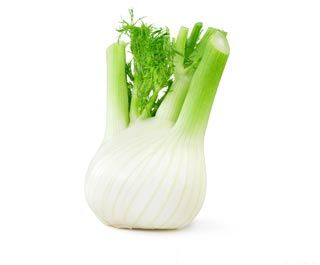
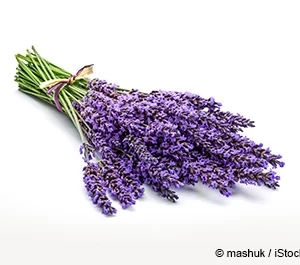
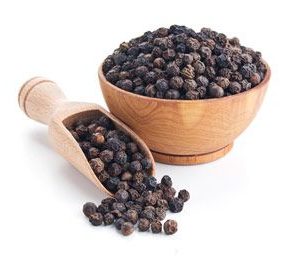
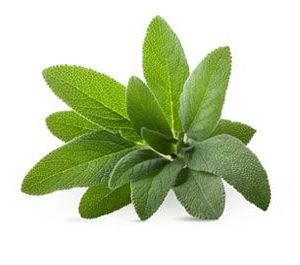
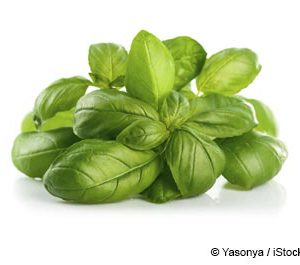
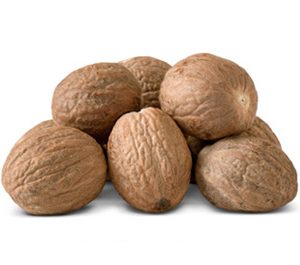
Reviews
There are no reviews yet.